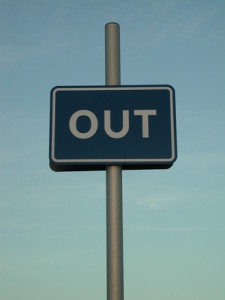 Our previous blog addressed the first prong of a Florida Statute §440.205 workers’ compensation retaliation/wrongful termination cause of action (COA). §440.205 provides:
Our previous blog addressed the first prong of a Florida Statute §440.205 workers’ compensation retaliation/wrongful termination cause of action (COA). §440.205 provides:
Coercion of employees.—No employer shall discharge, threaten to discharge, intimidate, or coerce any employee by reason of such employee’s valid claim for compensation or attempt to claim compensation under the Workers’ Compensation Law.
Case law has established the elements of a §440.205 COA as follows: the employee must prove: (1) he engaged in a statutorily protected activity; (2) an adverse employment action occurred; and (3) the adverse action was causally related to the employee’s protected activity. Russell v. KSL Hotel Corp., 887 So.2d 372, 379 (Fla. 3d DCA 2004); and Humphrey v. Sears, Roebuck, and Co., 192 F. Supp. 2d 1371, 1374 (S.D. Fla. 2002).
This blog will address prong (2).
 Florida Injury Attorney Blawg
Florida Injury Attorney Blawg










